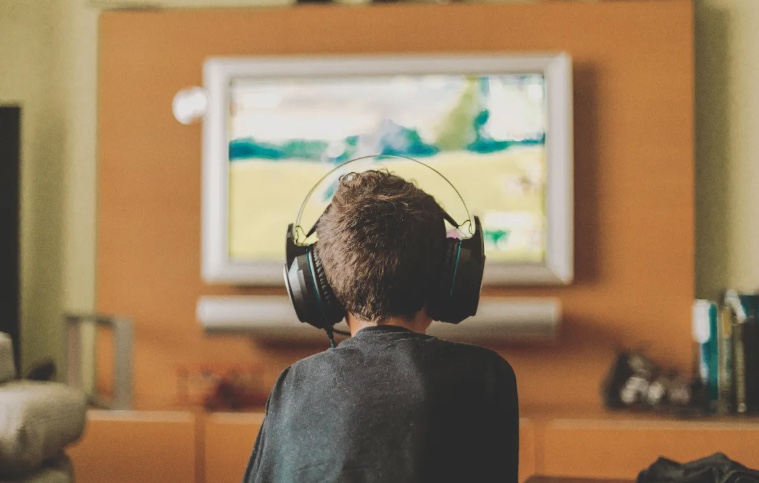They certainly don’t cause damage to their brains. Scientists say
No damage to children’s brains. Not even if they stand in front of the screen for hours or if they choose to play video games of certain genres. This is the conclusion reached by an international research team in a study published in the Journal of Media Psychology pages, which showed that video games do not damage the cognitive abilities of young children. “Our analysis did not detect such links, regardless of how long the children played and what types of games they chose,” commented Jie Zhang, an expert at the University of Houston College of Education, among the study’s authors.
The debate
The World Health Organization (WHO) classifies video game addiction as a real mental disorder, and many studies have highlighted potential associations between video games and an increase in depression and violence; on the other hand, some research suggests that they can, in some respects, benefit the youngest children. For example, as we told you some time ago, a study published in Jama Network Open showed that children who play games for three or more hours a day appear to have improved cognitive abilities, such as control of impulsive behaviour, memorization of information and task performance.

The new study
The researchers involved 160 pre-adolescent students, an age group less studied in previous research, who reported being in front of the screen for an average of two and a half hours a day, with the most avid ones reaching as much as four and a half (the amount of time indicated by the American Academy of Pediatrics guidelines is one to two hours a day). The team then subjected them to the standardized test known as the CogAt, which assesses verbal, non-verbal and spatial skills, and then compared the results with teacher-reported grades and self-reported learning assessments. “Overall, neither game duration nor choice of video game genres had significant correlations with CogAt ratings,” explains May Jadalla, the first author of the research. “This result shows no direct link between video games and cognitive performance, despite what had been hypothesized.”
The results and cautions
In summary, these results are inconsistent with previous theories that predict worse cognitive performance in children who play a lot or certain types of video games. Not only that, but the study also found that some video games described as helping children develop cognitive skills did not show measurable and significant effects. Does this mean that one can continue to play? Perhaps, suggests the research. Experts warn that playing video games drew children, especially the most avid ones, away from other more productive activities, precisely homework.
But even in those cases, the researchers explain, the differences between those participants and the CogAT measures of their peers’ cognitive abilities were very slight. “The study results show that parents probably don’t need to worry so much about the setbacks of video game-loving children up to fifth grade. Reasonable amounts of video games should be fine, which is great news for children,” Zhang concludes, emphasizing keeping an eye on obsessive behaviour. ‘When it comes to video games, finding common ground between parents and children is already quite complicated. At least now we know that finding the balance is the key, and we don’t need to worry too much.”



